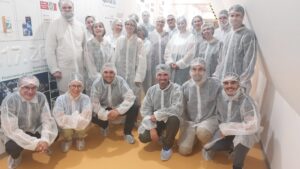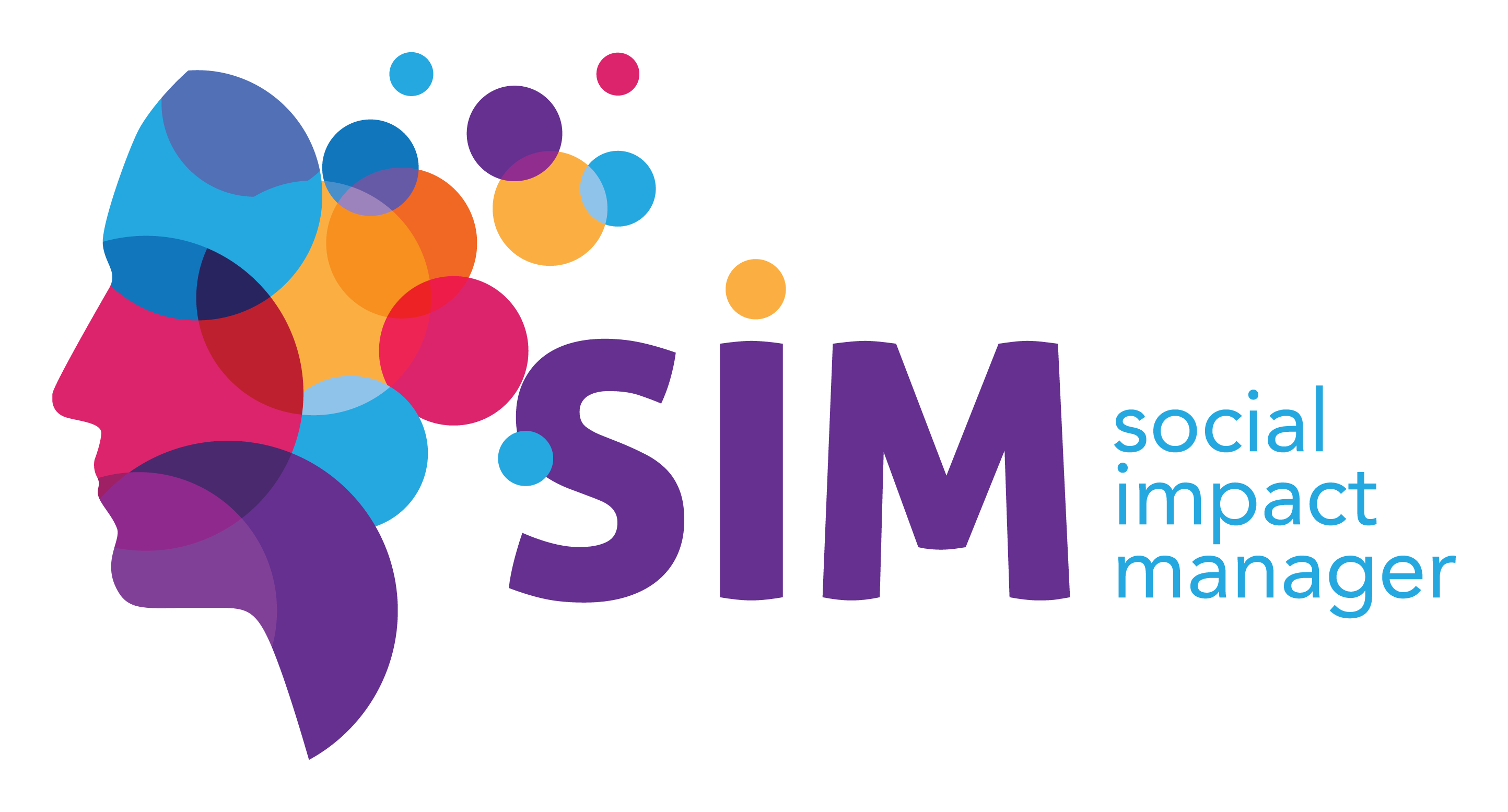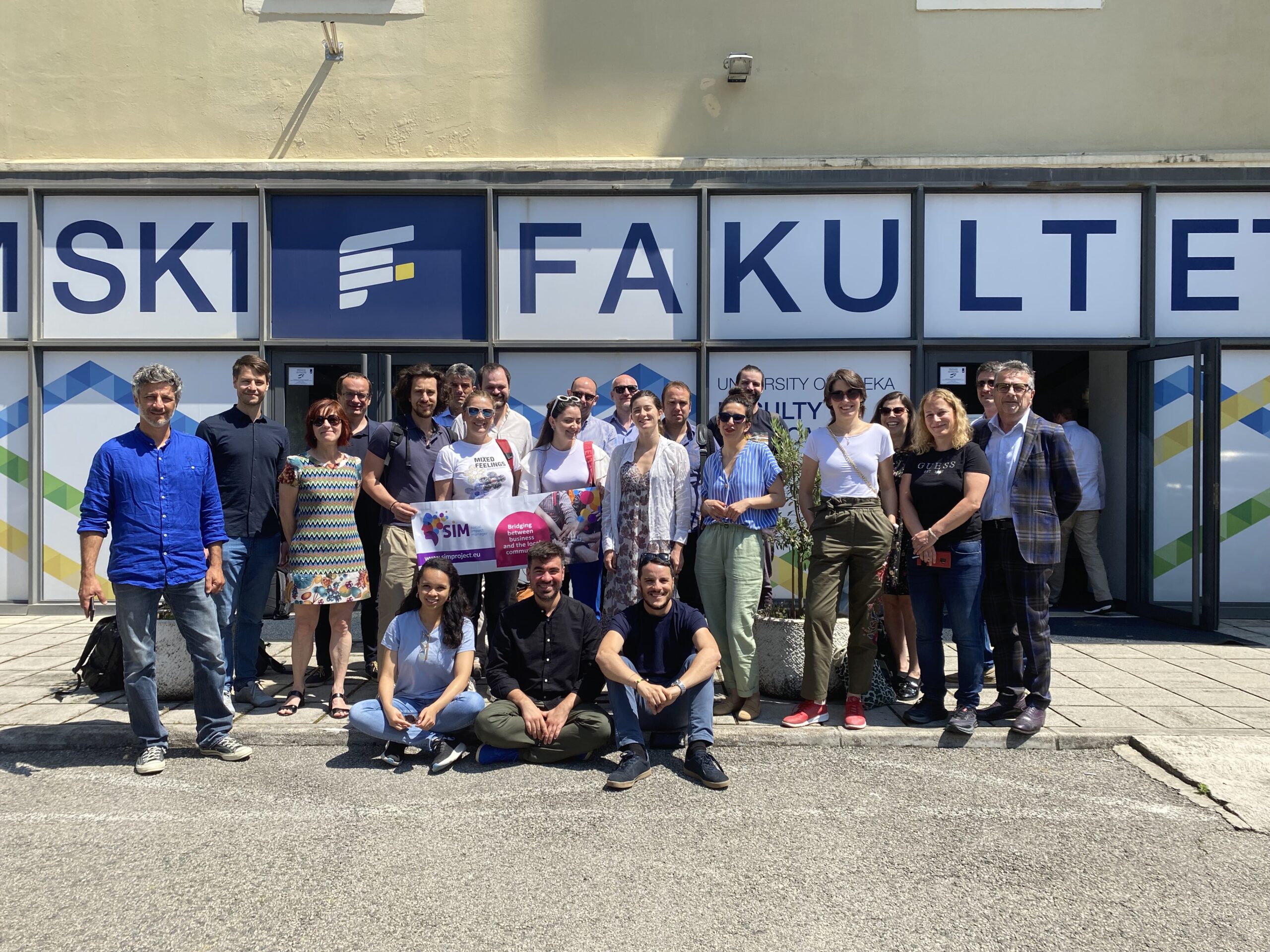In early June, 25 representatives from 14 partners across seven European countries gathered at the Faculty of Economics and Business, University of Rijeka in Croatia for our second in-person partner meeting.
As part of the early research, the SIM project explored the European landscape, examining Corporate Social Responsibility (CSR) and company-community relations in Greece, Croatia, France, Austria, and Italy. This involved workshops, focus groups, interviews and a survey with stakeholders.
At the meeting, Roberta Bonacossa, Impact Specialist with work package 2 leaders, Project School presented the key insights from the Community Development Analysis. These included:
Diverse CSR Practices: Companies in each country exhibited unique CSR strategies tailored to local needs.
Positive Impact: Successful CSR initiatives have significantly contributed to local social and economic growth.
Challenges and Opportunities: The report identifies common challenges and highlights opportunities for enhancing CSR impact.
Hosts, Pavle Jakovac from EFRI shared insights on the co-design session for the SIM Training Programme and Marko Tomljanović presented the SIM Programme guide template for the course curriculum. Over the two days, the partnership formed five small working groups to develop core aspects of the SIM Training Programme content. Substantial progress was made in agreeing on sub-themes and determining which educational partners would lead and assist with each module. The programme will take shape over the next few months as it is developed in each partner country.
 On the second meeting day, the project partners had the opportunity to visit Jadran-Galenic Laboratory, JGL Group. It is a Croatian pharmaceutical company with a global reach covering 60 markets worldwide. It is a good role model company for the SIM project to show how an organisation can make changes and grow sustainably.
On the second meeting day, the project partners had the opportunity to visit Jadran-Galenic Laboratory, JGL Group. It is a Croatian pharmaceutical company with a global reach covering 60 markets worldwide. It is a good role model company for the SIM project to show how an organisation can make changes and grow sustainably.
Since it began in 1991, the company has been implementing sustainable and corporate responsible principles with sustainability being one of its core values. In the context of ESG, all three pillars are deeply embedded in their operations.
Employing more than 1,200 people and growing, JGL has many business initiatives that focus on meeting ESG standards including reducing CO2 emissions, sustainable purchasing integration, improving quality of life through equal opportunities, promoting lifelong learning and transparency and responsibility within its corporate management.
Productive co-designing and collaboration were a feature of the successful project meeting and the inspiring study visit to a local company, demonstrating corporate social responsibility, fueled our commitment to the SIM project and its goal.
Stay tuned as we continue to explore new ways to create a positive impact.

